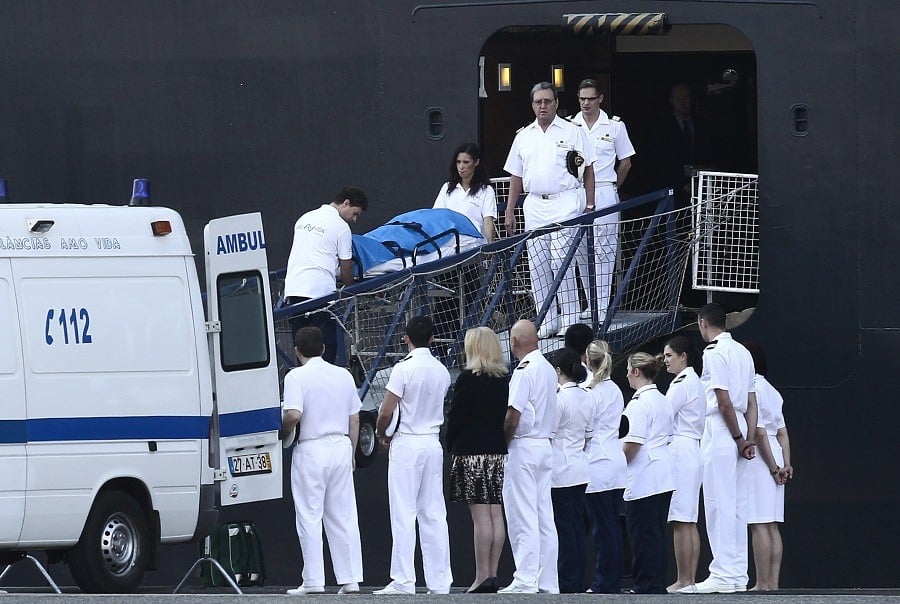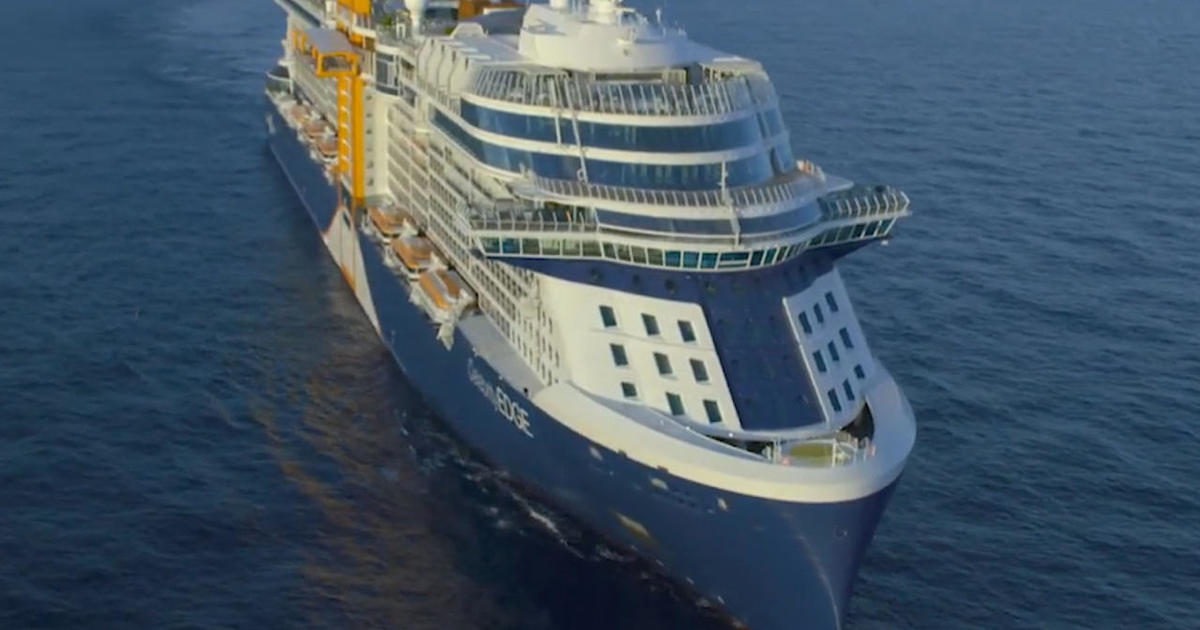Table Of Content

Make sure your trip insurance plan includes repatriation as that will cover the bulk of these expenses. Depending on the insurance company, you may also get help sorting through all the paperwork and requirements. Be sure to join my email list for my best cruise tips and handpicked deals each week. The morgue may contain a small counter area, sink, and supply storage cabinets.
Princess Cruises Teams Up to Offer Easy Transportation to Florida Ports
Each company has established protocols in place to handle these situations professionally and compassionately. In the event of a death at sea on a cruise ship, the well-being of the affected individuals and their families is a top priority. If a passenger dies while on a shore excursion, shore excursion protocols are followed. The cruise line will assist with funeral arrangements, but the responsibility falls on the family. The ship’s morgue may be used until the ship reaches a suitable port. Most large cruise ships have a small morgue or mortuary on board.
What Can You Expect When Facing A Death Onboard?
I have been cruising since 2004 and have sailed on dozens of cruises all over the world. As the creator of this website, I want to help families plan fun cruises free of stress and filled with adventure! While the service is free, travelling with the cruise line is not, so you would need to book a cruise as normal. You’d also need to make sure that the ashes were brought on board in a biodegradable urn that is completely sealed.
Accessibility and Location of Cruise Ship Morgues
In case of space constraints, crew members may utilize alternative options, such as walk-in freezers, to store the deceased until they can be transferred to shore. Overall, while it’s never easy to deal with the death of a loved one, cruise ships are well equipped to handle these situations and offer support to families during this difficult time. We’ll examine the regulations that mandate them, where they are typically located, how many bodies they can hold, and what happens when someone passes away at sea. The answer to this question is, yes, cruise ships do have morgues. Since cruise ships are like portable, miniature cities, having a morgue along with various other services makes perfect sense.

How Do Cruise Lines Help Family and Friends?
If you ever have the chance to see all this, jump at the chance. In the event of a death, cruise lines aim to handle the situation with sensitivity, minimising any disruptions to the overall cruise experience. It is impossible for a person to be prepared for a loved one's death but the cruise lines are, and they're quick to step in to help. Whatever the case, there is a morgue on the ship equipped with body bags, ready to hold a body until the deceased can be moved off the ship once it gets to a port. In some cases, they keep the deceased on board, allowing the cruise ship to transport it back to the original port. This allows the deceased passenger’s companion to continue with their journey.
When a Passenger Dies at Sea: What You Need to Know - Cruise Critic
When a Passenger Dies at Sea: What You Need to Know.
Posted: Tue, 07 Jan 2020 08:00:00 GMT [source]
The purpose of the morgue is to temporarily store bodies in the unfortunate event that a passenger dies during a cruise. Remains are frequently kept in the morgue until the ship reaches the United States. Then, a death certificate is formally issued by a local medical examiner’s office. Additionally, port authorities on any port the ship visits have the right to require examination of a dead body and off-loading the body.
Do Cruise Ships Have Morgues? - Snopes.com
Do Cruise Ships Have Morgues?.
Posted: Mon, 28 Nov 2022 08:00:00 GMT [source]
As said one of our recent blogs, why do I need cruise travel insurance? These medical centres can handle a range of health issues, from minor injuries to more serious medical emergencies. Cruise ship morgues are equipped with facilities to preserve bodies until they can be disembarked at the next port of call.
But like anything else, there's always a chance of mishaps or accidents, like the case of a 21-year-old man who had a severe allergic reaction aboard a Norwegian cruise liner and died in 2010. Access to the morgue is tightly controlled, with the door kept locked and only authorized medical and security staff allowed entry. If you have questions or have experienced the event of a death on a ship yourself, please share in the comments. It could be worth finding out how they assist in the event of needing repatriation, as this can be quite an involved process and overwhelming at this emotional time. Cruise lines have many codes for the staff to communicate without alarming passengers.

The body will be respectfully removed from the passenger’s cabin and transported to the ship’s morgue. It will be stored there in refrigeration until arrival at the next port. For storage, there are stainless steel refrigerated compartments or pull-out cold drawers to contain bodies.
Each cruise line has its own smoking policies and restrictions, but the rules are getting stricter. More and more cruise companies are prohibiting smokers from lighting up in their cabin or on their balcony. Only Norwegian Cruise Line and Holland America currently allow passengers to smoke on their balcony. Renaissance cruises have even launched liners which completely restrict smoking whilst at sea. The majority of cruise lines do offer smoking areas for passengers, but these are growing fewer and farther between. With the advent of large passenger jet aircraft in the 1960s, intercontinental travelers switched from ships to planes sending the ocean liner trade into a terminal decline.
Here, local authorities are alerted, and the necessary paperwork, including the death certificate, is processed. Often, consular offices of the deceased’s home country are also involved to help handle repatriation and communicate with the families. If the latter is allowed, the body is taken to the cruise ship morgue, where it is properly stored for up to one week. Per federal regulations, cruise lines are required to carry body bags onboard each voyage. The morgue, usually a small stainless steel refrigerated room on the ship’s lowest deck, accommodates between two to 10 bodies, depending on the size of the vessel. In most cases, the body will be removed at the next port of call, but sometimes will remain on board until the end of the voyage.
In fact, the location of the morgue is not usually shown on the ship’s deck plans. Cruise lines don’t promote the existence of their morgues, as it’s not a pleasant topic to discuss. When a passenger dies on a cruise ship, the family can’t request that the body is immediately buried at sea. Cruise ships don’t have the facilities to carry out the formalities of processing a body and providing a death certificate, which lists the cause of death.
While it may not be something you think about when planning your vacation, it’s essential to know what to do in the event of a death while on a cruise ship. By law, cruise ships must have body bags and a morgue on board in case of death during the journey. This ensures that there is a proper place to handle the deceased and maintain their dignity. In this article, we’ll look into the intriguing world of cruise ship morgues, exploring their locations, capacities, and what happens in the unfortunate event of a passenger’s passing.

No comments:
Post a Comment